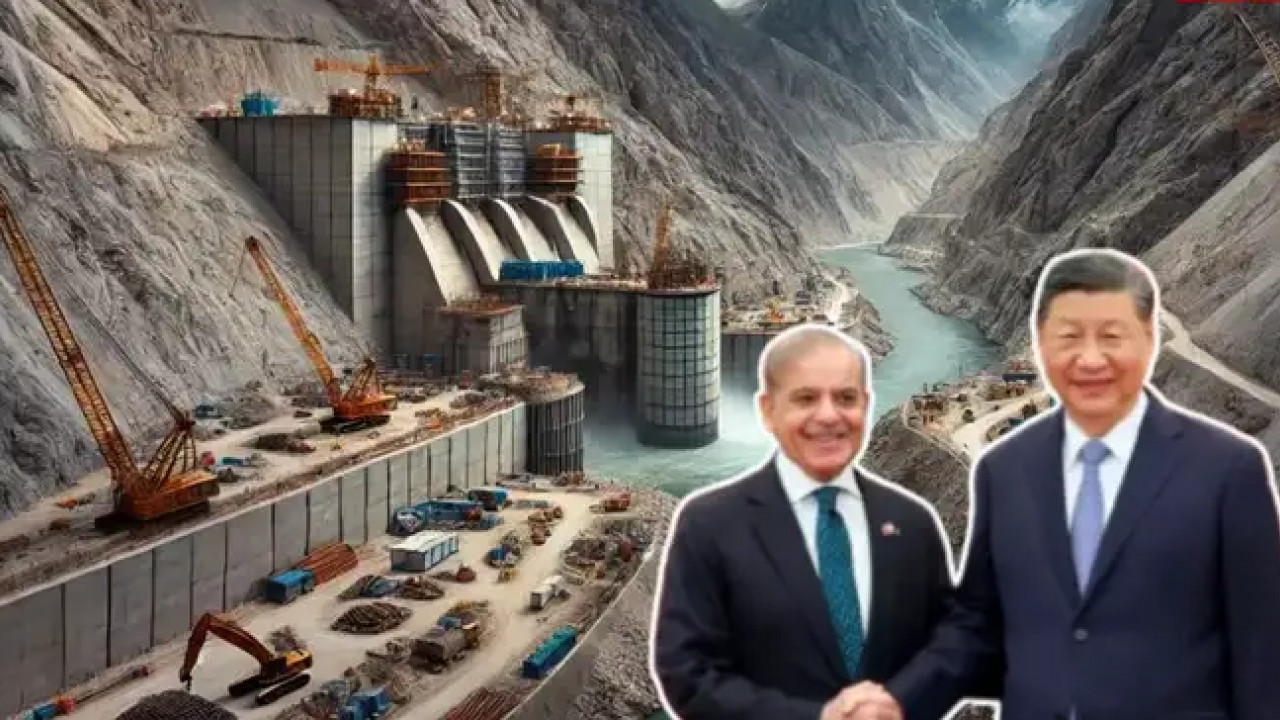Is it still about fixing things or are we in the age of creating because it's the right thing to do? Why are more startups born from 2 a.m. Discord brainstorming sessions than decades-long market research? And how did Y Combinator quietly transform into the best accelerator for this new generation of AI-first founders?
We're at a crossroads where AI platforms have made building easier, but elevated the bar in terms of creativity. Entrepreneurs are starting businesses not merely because they can but because it "feels like something." Call it gut, call it a sense. Whatever it's called, it's succeeding. In this article, we explore how Y Combinator is crafting a new generation of startups, how AI is no longer a feature, but a foundation, and how the startup ecosystem is being remade by intuition rather than spreadsheets. Keep reading to learn how "the vibe" turned venture-backable.
1. Y Combinator's new AI Era: Less Pitch Deck, More Prototype

Y Combinator's recent batches tell a tale: AI is no longer a specialty it's the norm. Where previous cohorts introduced SaaS, marketplaces, and logistics plays, now it's AI copilots for surgery and songwriting. But the transformation isn't in tech it's in attitude. Founders aren't spending months polishing up pitch decks. They're releasing fast, rough demos and asking users what comes next. YC's wisdom has shifted from "speak to users" to "move quickly and make the magic obvious."
Takeaway: Startups nowadays are less about profound tech and more about deep resonance.
2. The emergence of 'Built-by-Vibe' startups
Increasingly, founders are launching without an actual idea just a strong draw toward a space, community, or vibe. They're testing openly on X (formerly Twitter), receiving feedback on Discord, and collaborating with early users in real time. Startups such as these don't necessarily start out with a defined business model. They start out with a sense a sense that something is going to change. AI has provided these hunches with wings by allowing one to more easily create rapid MVPs without entire dev teams.
Example: A YC-supported founder just dropped a viral AI meme tool as a weekend hack. It gained 100,000 users within 3 days and is now a seed-stage company.
3. AI is the new team member, not just a tool
What has shifted after 2024 isn't what AI can accomplish but how founders perceive it. It's not a default API or automation layer anymore. It's the never-sleeping co-founder. YC startups are increasingly organized around this mentality: one human, one AI model, unlimited leverage. Even investor expectations are changing. VCs now query, "What does your AI do when you're not working?" It's all about asynchronous building, ambient scale, and defensibility based on proprietary data or distinctive user workflows not headcount.
4. From demo culture to distribution culture

In this new startup world, going live on Product Hunt is merely the starting point. Founders are bootstrapping products via community loops, visual taste, and common identities. The top YC startups don't ship they pull. Design, voice, and pace are more important than ever. Startups "built by vibe" resonate because they feel unique, not merely perform better. They build in public, listen loudly, and iterate publicly. In this world, transparency is trust and traction.
5. What This Means for the Next Wave of Founders
If you're a founder in the present age, the rules have changed. You don't require permission or a flawless strategy. You require curiosity, quick hands, and the humility to pivot in real-time. YC's AI revolution is not gatekeeping innovation it's opening up builders who are driven by the energy and ship furiously.
The question is no longer: Do I have the resources to start? It’s: Do I feel like this should exist? And if the answer is yes, the tools are already here.
AI and Y Combinator-style platforms

We've reached an era where the startup playbook is being rewritten less theory, more gut; less planning, more construction. With AI and Y Combinator-style platforms, anybody can build something real, quick, and global. All it takes is a signal, a spark… and perhaps a vibe.













